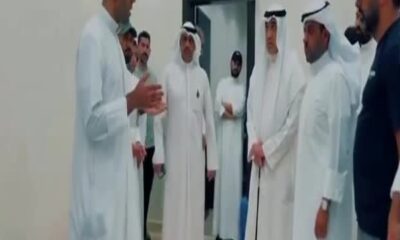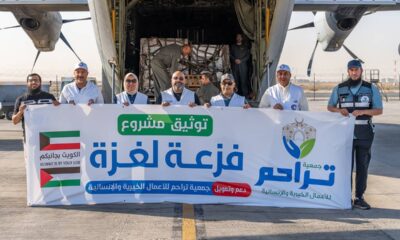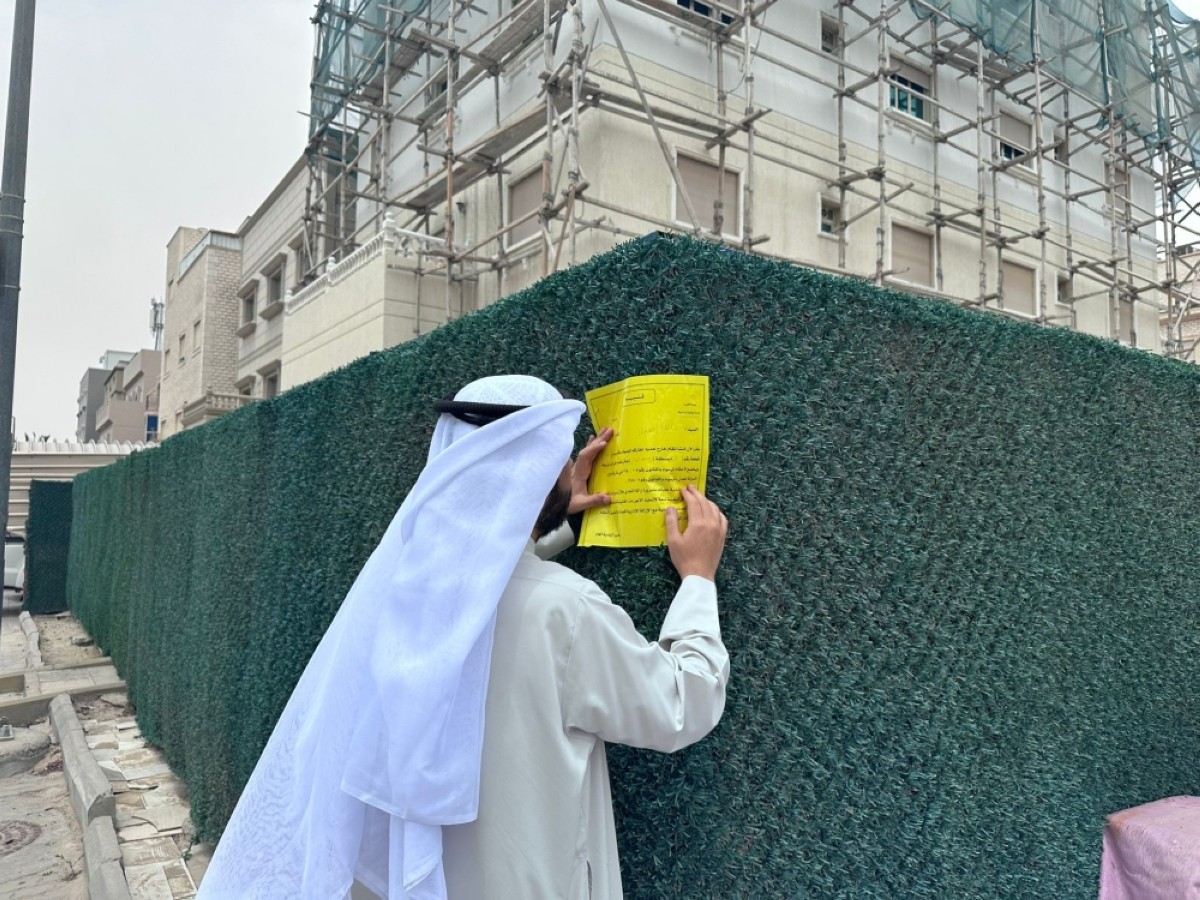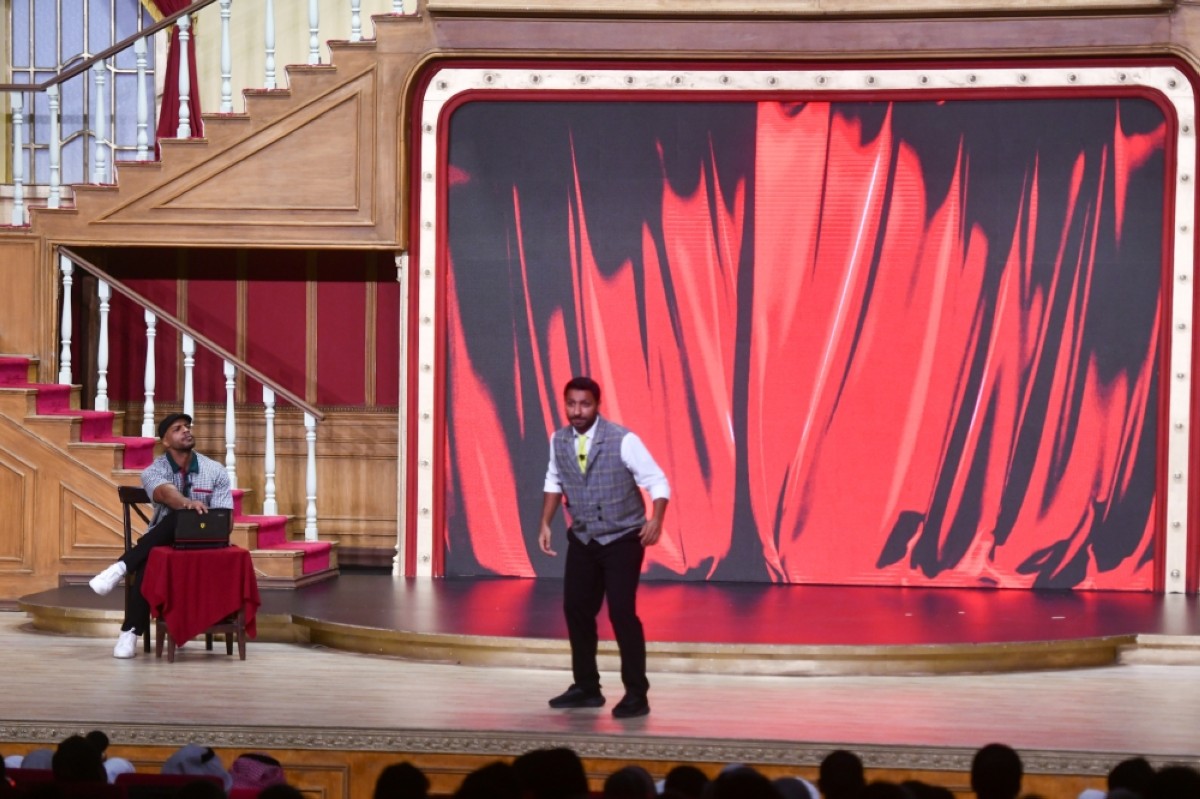RIYADH: The Korean Creative Content Agency (KOCCA) and the Ministry of Tourism, Culture, and Sports of the Republic of Korea have officially selected Manal Al-Gharabally, Founder and CEO of MBVISION Studios, to represent Kuwait’s creative sector at the K-Content Expo held in Riyadh, Saudi Arabia. She was invited to explore the latest innovations in gaming, animation and K-pop production.
The invitation came in recognition of MBVISION Studios as the first independent animation studio in Kuwait specializing in animation production and education, video games design, and integrated creative production since 2009. The visit included a high-profile signing ceremony on Thursday, July 24, 2025. During the event, Manal Al-Gharabally signed four Memoranda of Understanding (MoUs) with both established and emerging Korean companies across four key sectors.
In the video games sector, the two parties signed an agreement which includes the production, training, distribution, and education in both traditional and AI-driven game development, through a global ecosystem that connects learners with independent developers and international trainers.
They also signed an agreement in the field of Intellectual Property (IP), which outlines terms for the licensing, leasing, and exchange of commercial IP rights between South Korea and Kuwait, including exporting Kuwaiti characters and importing South Korean ones to the Gulf market. The two parties also signed an MoU in the field of K-Dramas to localize, distribute, and culturally adapt South Korean family and content for children. In the field of interactive and smart art performances the two parties signed an agreement to develop immersive, technology-driven artistic experiences and exhibitions.
The MoUs were signed with several companies, including Nonsense, for the exclusive licensing of educational content for children; Something Special, for the localization and distribution of Korean family dramas; Gwan Global, an award-winning startup specializing in both traditional and AI-powered game development; and Character Inc., to exchange and co-produce character IP between South Korea and Kuwait and organize interactive art exhibitions.
Several additional MoUs will be signed at a later date. These include partnerships in educational board games, immersive performance experiences, and the licensing of Kuwaiti characters for the South Korean market, with further discussions planned in the next phase.
This collaboration represents a strategic milestone in enhancing cultural and creative exchange between South Korea and Kuwait, showcasing the growing interest of South Korean companies in Gulf-based character IPs. A selected group of Kuwaiti and South Korean cartoon characters is currently undergoing artistic review, paving the way for future joint productions to be presented in Kuwait, South Korea and Saudi Arabia.
Seungchan Lee, organizer of the K-Content Expo in Saudi Arabia, expressed her sincere appreciation for the joint collaboration between South Korean companies and their Kuwaiti partner. She highlighted the significance of this initiative in building sustainable cultural and commercial bridges between the two countries, and expressed her hope to see the outcomes of this partnership realized on the ground very soon.
Manal Al-Gharabally stated: “Our business relationship with private sector companies in South Korea and MBVISION Studios has been ongoing since 2018. Over the years, we’ve collaborated with Korean clients on multiple media and creative campaigns targeting both the Middle East and local markets. Today marks a new chapter transitioning from service based collaborations to strategic partnerships focused on cultural, media, and commercial exchange across the region.”
She added that this collaboration under the auspices of KOCCA and the Ministry of Culture, Sports and Tourism of the Republic of Korea represents a strategic milestone in promoting national identity and exporting local culture to global markets.
She emphasized that South Korean companies have shown a strong interest in licensing original Kuwaiti and Gulf characters, while also exploring ways to introduce Korean characters to the region through mutual cultural exchange. As part of this initiative, three original characters created by MBVISION Studios have been selected for global distribution in the fields of gaming, media production, and interactive art experiences, alongside three South Korean characters designated for promotion in the Middle East. Discussions are currently underway to further expand this artistic and cultural exchange, with several collaborative projects already planned to launch from Kuwait and Riyadh.
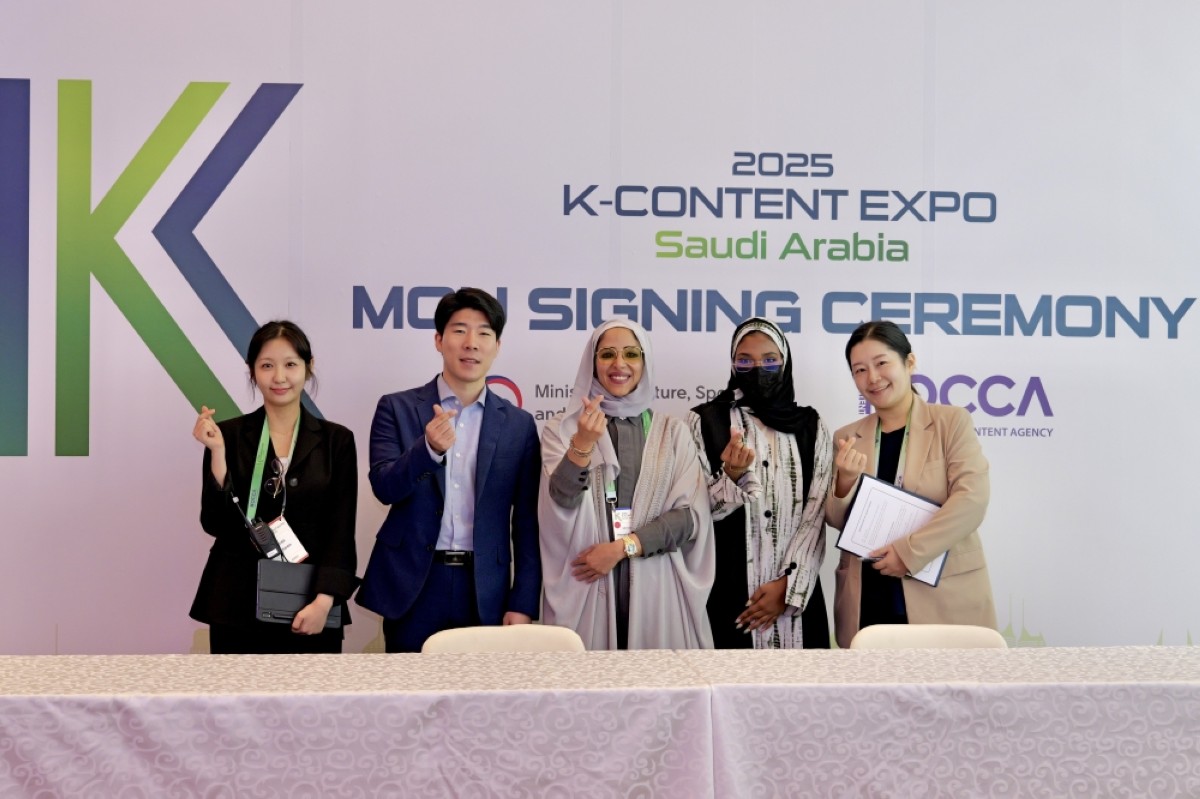
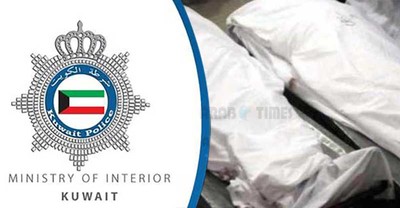
 Politics16 hours ago
Politics16 hours ago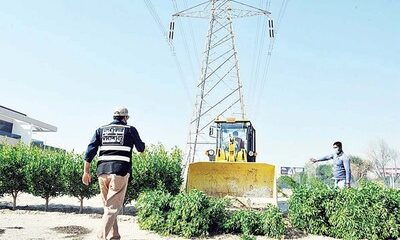
 Politics14 hours ago
Politics14 hours ago
 Latest News11 hours ago
Latest News11 hours ago
 Politics22 hours ago
Politics22 hours ago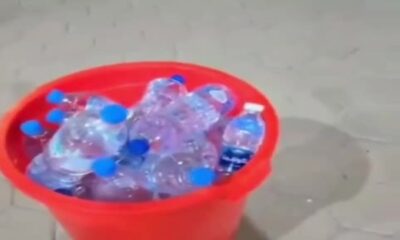
 Politics18 hours ago
Politics18 hours ago
 Politics12 hours ago
Politics12 hours ago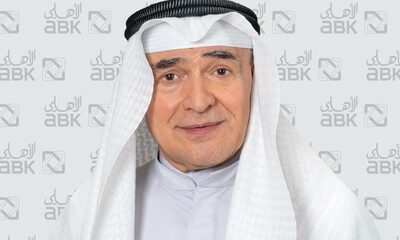
 Business12 hours ago
Business12 hours ago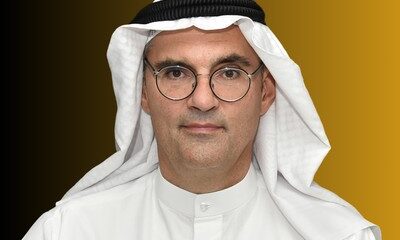
 Business11 hours ago
Business11 hours ago

